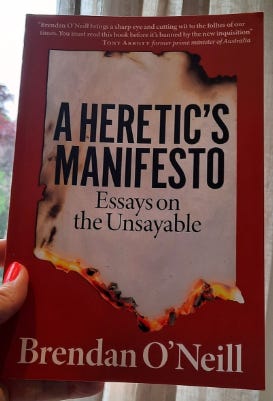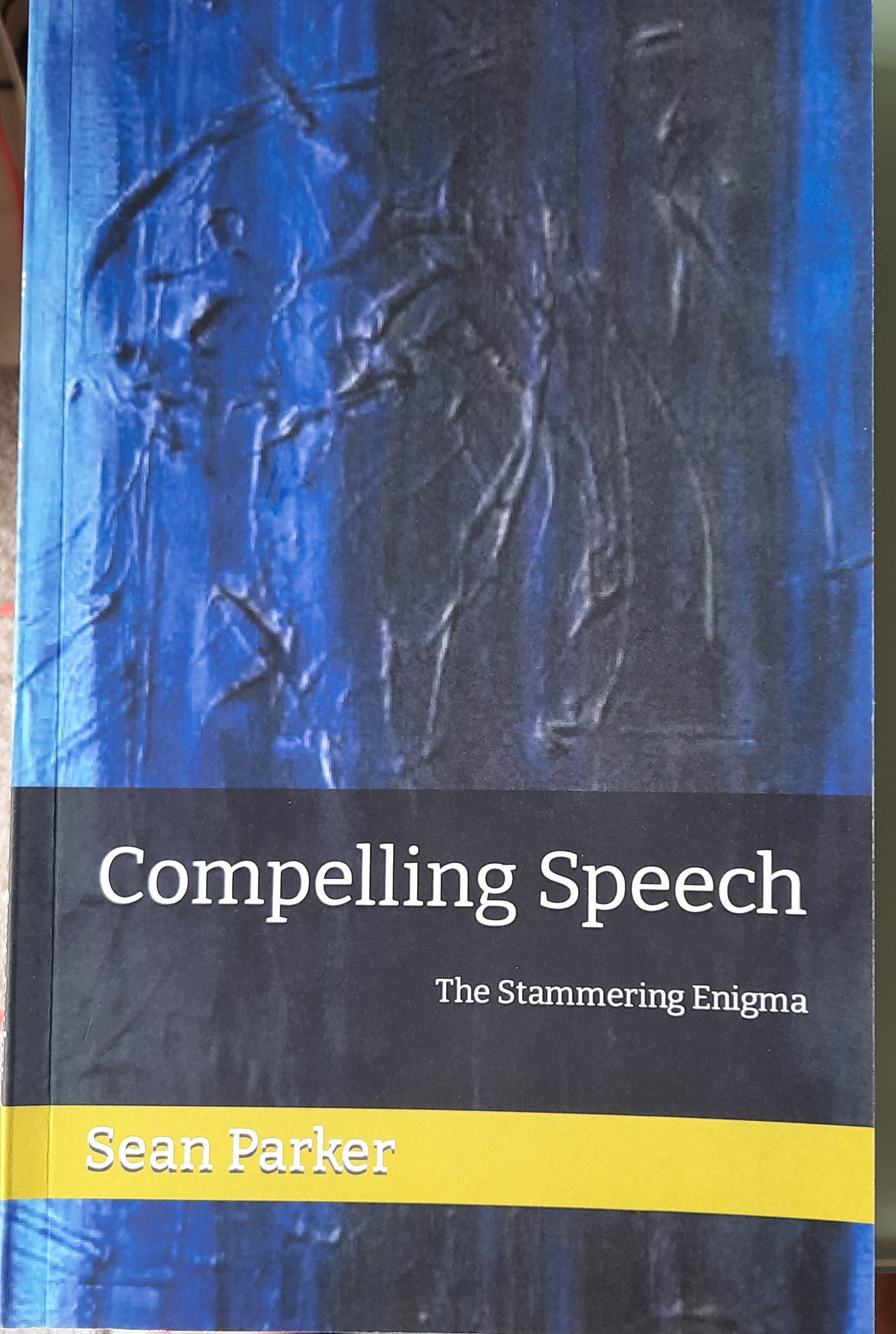What I read in June
This month I finally got round to reading Kathleen Stock’s Material Girls. It is an excellent book. I particularly appreciated the fact that Stock forces us to think carefully about the way we use language when discussing sex and gender. Too often the word ‘gender’ is used indiscriminately, as both a substitute for sex and a more all-encompassing identity descriptor. I have certainly been guilty of this myself and Stock provides timely lessons in the importance of linguistic precision. But, with this in mind, I was baffled by her choice to refer to people using their preferred pronouns. It seems to me that this risks perpetuating untruths under the guise of courtesy. But Stock’s decision to make this concession makes it all the more ludicrous that she has been so villified by trans-activists. This is a thoughtful, philosophical and polite argument for respecting everyone but centering women in feminism.
Brendan O’Neill’s Heretic’s Manifesto is a brilliant read. Over the course of ten blistering essays, O’Neill gives his take on everything from gender politics to hate speech to gay liberation. At each turn he exposes how today’s seemingly progressive opinions are little more than contempt for the general public and often simply naked class snobbery. This book makes you angry at the backward, limited, censorious nature of so much of what passes for politics today but, at the same time, optimistic that with such an erudite proponent of liberty as O’Neill, the future can still be ours for the taking.
Compelling Speech by Sean Parker is very different but just as interesting and intellectually satisfying. Parker considers stammering, drawing upon his own experience of growing up with a stammer and his lifelong search - not for a ‘cure’ - but for stress-free communication. I really appreciated Parker’s honesty in writing about his own experiences and his refusal to present himself as a victim of either stammering or circumstances. The message I took from this thought-provoking book is that having a stammer can be hugely frustrating but it needn’t come to define who you are as a person. You can live a full life with a stammer - but, if you want things to be different, even temporarily, there are practical strategies that can help alleviate the pressure when speech feels compelled.
Finally, I returned to my pile of second-hand fiction books and read Police at the Funeral by Margery Allingham. This murder mystery was first published in 1931, making Allingham a contemporary of Agatha Christie. Yet far more even than Christie, Allingham reflects the prejudices of her time. In Police at the Funeral, there are not just outdated, now-deemed-offensive words but - without giving too much away! - the entire denouement hinges upon a racial prejudice that seems incredibly shocking nowadays. It is impossible to imagine this book being written today - but, at the same time, its continued circulation serves as a salutary reminder of once common racism.




